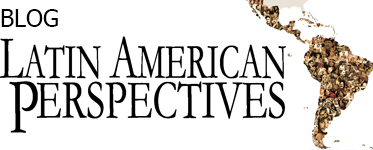México: La coyuntura de la 4T y la Covid-19
Por: Mauricio F. López Barreto, Posdoctorante en el Centro Peninsular en Humanidades y Ciencias Sociales de la Universidad Nacional Autónoma de México (Cephcis-UNAM) Traspatio Maya en una comunidad del municipio de Yaxcabá, Yucatán. Fuente: el autor. | July 13, 2020 El advenimiento de la pandemia Covid-19 a principios del año en curso, vino a reforzar la tesis de prestigiosos intelectuales y académicos que el modelo neoliberal ha fracasado. En general, en el ámbito mundial se ensanchó la brecha de la desigualdad, aumentó el número de pobres, se normalizó la concentración de la riqueza en unos pocos, se hizo patente la falta de atención de los gobiernos por los sistemas de salud pública, se impulsó la privatización de empresas públicas, el mercado reguló las transacciones comerciales y se instaló un espíritu perverso de competitividad. En México, la llamada Cuarta Transformación (4T), que preside el Lic. Andrés Manuel López Obrador, surge como la ruptura con el sistema prevaleciente en las últimas cuatro décadas, con vistas a instaurar un nuevo régimen socio-económico sentado sobre bases éticas y humanistas, cuyas directrices para el desmantelamiento del actual modelo neoliberal serían: la atención a los grupos más vulnerables, restaurar la enseñanza de humanidades y [...]


